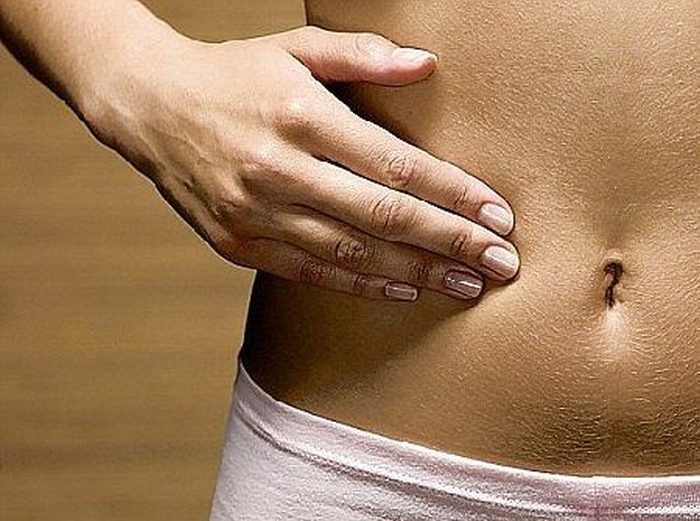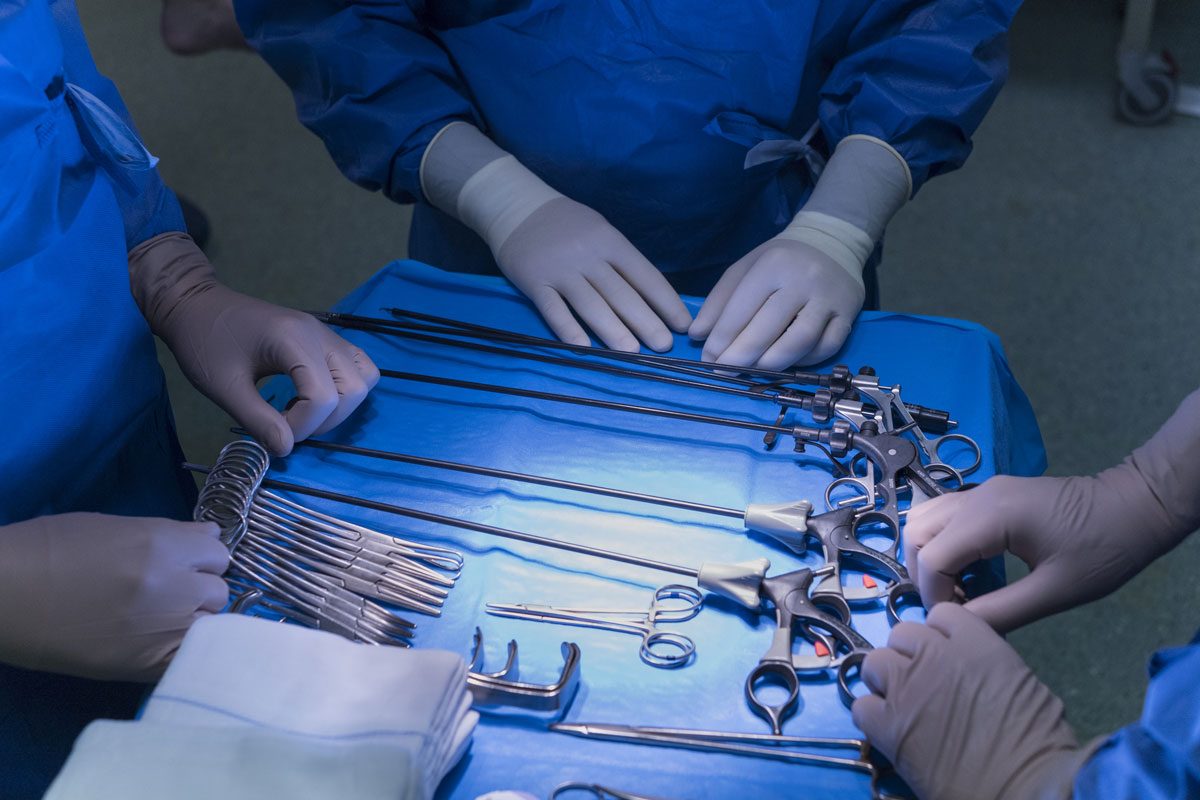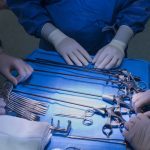Hernia is a protrusion of the bowels or adjacent organs/tissue through a defect or weakness in the abdominal wall. It is a type of hernia that develops at the site of an incision from a previous surgery. Typically, a hernia occurs with a part of the intestine protruding or hanging out through an opening formed in the abdominal wall. Smoking, diabetes, age and obesity also contribute toward this condition. It may develop shortly after the surgery or years later. Prevalence reported ranges from 0.5% to 13.9% for most abdominal surgeries.
Patient seek surgical repair because of physical discomfort and aesthetic rea- sons. Both impair their quality of life. Unfortunately some patients complain of abdominal discomfort also after the operation. Despite the surgical technique one possible factor is the type of mesh used. polypropylene is the most widely used mesh material for hernia repair. These meshes show a high stretch and tensile strength, five times higher than the maximal physiologic stress.
Most people who have open hernia repair surgery are able to go home the same day. You have to remember that each person could have a different recovery time. Usually, recovery time is about 3 weeks. You most likely can return to light activity after 4 weeks. Strong exercise should wait until 6 weeks after surgery. You will probably be able to drive again in about 2 weeks or when you have no pain in your groin. You can have sexual intercourse in about 3 weeks after surgery.
After surgery to repair incisional hernia, you are likely to have pain for a few days. Generaly, you may also feel like you have low fever and feel tired. You should feel better after a few days and will probably feel much better in 7 days. For several weeks you may feel twinges or pulling in the hernia repair when you move. You may have some bruising around the area of your hernia repair. This is totally normal and to be expected.
Suggestions to take care for yourself after surgery:
- Try to walk each day. Start by walking a little more than you did the day before. Every day, increase your walk.
- To wear an elastic bandage that wraps around your belly and upper hips. It helps support your belly muscles after surgery.
- Avoid strenuous activities, such as biking, jogging, weight lifting, or aerobic exercise, until 6 weeks after surgery or until the surgeon will give you authorization.
- Avoid lifting anything that would make you strain. This may include heavy grocery bags and milk containers, a heavy briefcase or backpack, animal food bags or a child.
- Most people are able to return to work within 1 to 2 weeks after surgery. But if your job requires that you to do heavy lifting or strenuous activity, you may need to take 4 to 6 weeks off from work.
- You can eat a regular diet.
- Drink plenty of fluids (almost 2 L of steel water per day)
- Avoid constipation (take a fibre supplement every day. If you have not had a bowel movement after a couple of days, ask your doctor about taking a laxative).
















